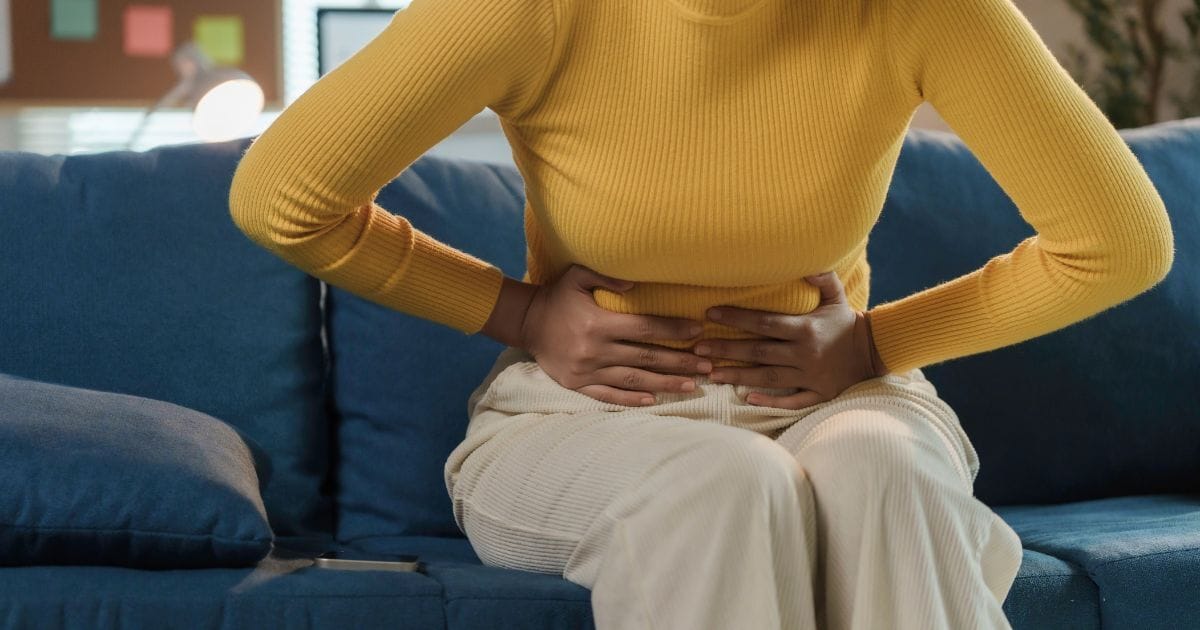A diet designed to ease symptoms of irritable bowel syndrome (IBS) may also bring relief to women with endometriosis, according to new research from Monash University.
In a randomized crossover trial, researchers found that women with endometriosis who followed a Low FODMAP Diet for 28 days experienced significantly fewer gastrointestinal (GI) symptoms than those following a standard healthy diet. Sixty percent of participants reported a clinically meaningful improvement in GI issues, compared to just 26 percent in the control group.
The Low FODMAP Diet limits a group of hard-to-digest carbohydrates called FODMAPs — short for fermentable oligosaccharides, disaccharides, monosaccharides and polyols. These compounds are found in a wide variety of foods including certain fruits, vegetables, dairy, legumes, wheat and sweeteners. When not fully absorbed in the gut, FODMAPs can ferment and draw water into the intestines, triggering gas, bloating and other digestive symptoms in sensitive individuals.
“Six out of 10 patients responded to the Low FODMAP Diet and reported clinically significant improvements in gastrointestinal symptoms,” said Dr. Jane Varney, senior research dietitian in Monash University's Department of Gastroenterology and Alfred Health.
Participants experienced less abdominal pain and bloating, improved stool consistency and an overall 40 percent reduction in GI symptom severity. Quality of life also improved during the intervention period.
The study, published in Alimentary Pharmacology & Therapeutics, is the first to show that the Low FODMAP Diet can effectively reduce digestive symptoms specifically in women with endometriosis.
More than 75 percent of women with endometriosis experience GI symptoms that resemble IBS, yet clinical guidelines for endometriosis rarely mention digestive issues. According to Associate Professor Rebecca Burgell, head of the Functional Gut Service at Alfred Health and senior author of the study, this gap has left many women struggling to find effective, targeted treatment.
“Gastrointestinal symptoms associated with endometriosis are largely ignored in clinical guidelines,” Burgell said. “Most endometriosis guidelines fail to mention gastrointestinal symptoms and none offer advice about identification or management.”
The trial involved 35 women with endometriosis and ongoing GI symptoms. Each participant tried both a low FODMAP diet and a control diet, separated by a washout period. The diets were matched for calories, macronutrients, micronutrients and fiber, differing only in FODMAP content.
Monash University, which originally developed the Low FODMAP Diet in the early 2000s, offers a range of tools to support patients, including a popular app, online course and recently released cookbook.
This research was supported by a grant from the Australian National Health and Medical Research Council.
